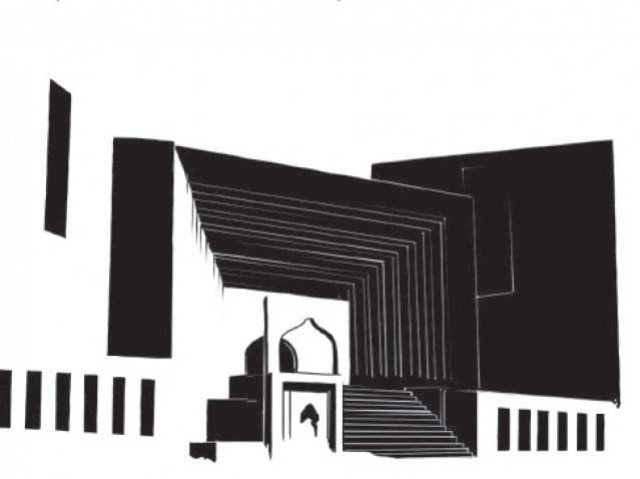SC verdict on memogate
Many will now consider authority and sovereignty of parliament is limited by the apex court, acting on a petition.

One can then wonder that would India’s Supreme Court, or America’s for that matter, step in and take matters in its own hands if a similar situation were to occur in either of these countries? The factual answer to that is that nothing like this has really ever happened in either India or America but if one were to ask hypothetically, as in, what would their Supreme Court do, then the answer would in all likelihood be that the court would let the politicians decide the matter among themselves. Also, the situation in Pakistan is complicated by the fact that the government will now be investigated at the request of an opposition politician, in a case in which the military seems to have, made up its mind — given the affidavits filed by its chief and the head of the ISI, that the memo exists, that its intention was indeed to damage the armed forces and that this is not in the national interest. As the case now continues, and the judicial commission does its work, one can only hope that the various institutions of state will realise the boundaries that the Constitution sets for them and adheres to them. In this, constitutional mandates should be the guiding principle, not populism or a sense that the general public wants to see the government of the day out.
Published in The Express Tribune, December 31st, 2011.















COMMENTS
Comments are moderated and generally will be posted if they are on-topic and not abusive.
For more information, please see our Comments FAQ